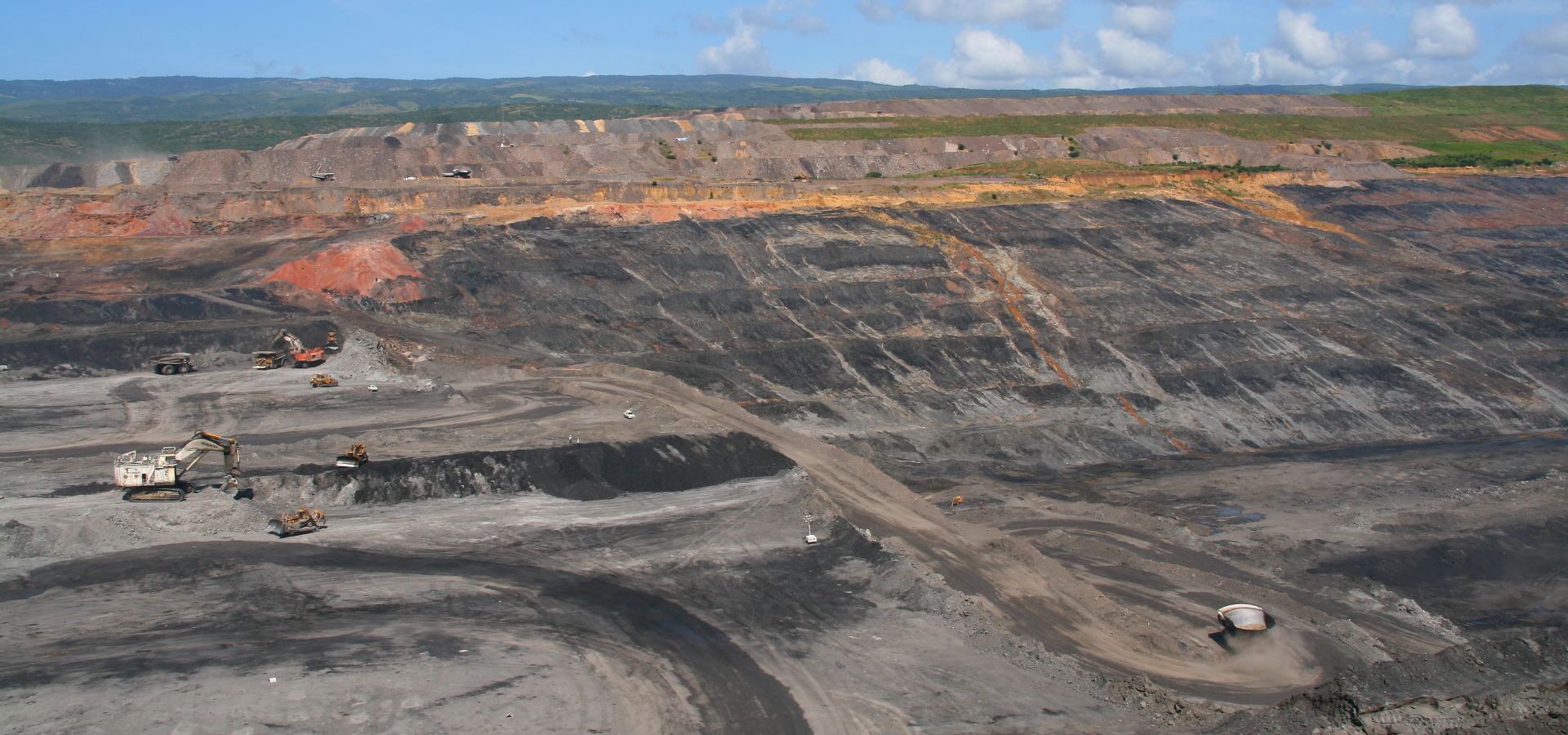On February 13th, the Colombian Constitutional Court decided to abolish local referendums on land use in Colombia. Kathrin Meyer elaborates on the consequences of this development and whether the international community should act.
The Mining Engine
Colombia is one of the major coal exporters in the world. Since its liberalization, the mineral-rich country has increasingly relied on extractivist projects. Extractive mega-projects within Colombia have great repercussions for local human rights. The most important export commodity of the mining industry is hard coal, which is at the same time a main contributor to the destruction of local livelihoods.
Colombia’s resource policy has been shaped by extractive mega-projects for decades. Foreign investment and projects of transnational companies within the mining sector are now typical. El Cerrejón, a well-known mining project in the northern part of Colombia, incorporates one of the largest hard coal mines in the world. The vast majority of investors are appointed by foreign companies aiming at further expanding the booming mining business in Colombia while representing the interests of their own national energy sector.
In addition, unequal trade agreements in the past contributed to low commodity prices. This, in turn, has a negative impact on the development of national processing industries, hence promoting Colombia’s greater dependence on resources.
Expropriation, Expulsion and Environmental Damage
The open-cast mining taking place in Columbia is based on constant expansion of new coal mines. Those residents who are not forced out by coercive relocation have to leave to escape water and land scarcity. In recent years, this development has led to a significant deterioration in local living conditions.
The resistance towards those extensive mining activities is constantly growing among the Colombian society. Since 2015 democratic referendums, also referred to as consultas populares, have been increasingly used to initiate local votes against extractive mega-projects. Thus social movements had to gather more than twenty percent (20%) of the respective electoral census in order to initiate such votes.
Harnessing information and network meetings, citizens were informed about the relevance of the issue, subsequently seizing their right to vote regarding future extractive projects. A number of referendums even resulted in the complete rejection of intended mega-projects, such as in 2017, when the Cumaral municipality in Meta prevented a project of the oil company Mansarovar Energy.
However, the oil producing company Mansarover Energy,which was restricted by a referendum held in the municipality of Cumaral, filed a suit against the vote and finally won the case at the Colombian Constitutional Court in October last year. The notion arose that local consultas populares should not determine the implementation of national mining projects. After the judgment of the case, the court found in general that there were no appropriate mechanisms to ensure both civic participation and the way to reconcile the principles of coordination and interaction of the nation and territorial units in Colombia. Therefore, the Congress of the Republic was asked to introduce new mechanisms as soon as possible.
At the national level has been an effort to propagate the superiority of national over local interests. For example, Colombian President Ivan Duque’s election program devalued the effectiveness and legitimacy of consultas populares. Likewise, the Congress proposed a law that referendums on land management were no longer legal, which was then passed on 13 February 2019 by the Colombian Constitutional Court.
This verdict invalidates Law 136, allowing citizens of municipalities to hold consultations when the development of tourism, mining or other projects has resulted in a significant change in local land use. Hindrance of social participation regarding mining questions leads both human rights violations and the continuation of a vicious cycle of increased national dependence on natural resources and further environmental damage.
This means that now, the only remaining option for consultations is through referendums initiated by mayors. But due to the known cases of corruption among politicians, this approach reduces social participation and cannot be considered constructive.
International Responsibility
While politicians of the Global North perceive themselves as sustainable and promote national coal phase-outs, coal extraction continues within other countries such as Colombia. This further increases greenhouse gas emissions, not only on the national level, but also in the international context.
However, if global CO2 emissions were to be assessed on the basis of mining company ownership and not the country in which they are emitted, countries that are significantly involved in mining sites in Latin America, Africa or Asia would score immensely higher. German companies such as RWE and E.ON or the Australian-British raw materials group BHP are just a few of many international companies involved in the mining of Colombian hard coal and thus making a significant contribution to CO2 emissions. While Germany and Australia show off with sustainable guidelines, national companies simply shift their CO2 output to other countries. This hypocritical policy continues in order for the Global North to maintain their own energy security.
Looking at the international context, it becomes clear that the abolition of consultas populares in Colombia is not a decision based on only local and national dynamics. It was also a decision determined by economic dependence on international investors.
The abolition of consultas populares and the associated devaluation of democratic participation is a step towards increasing extractive activities, and hence towards rising C02 emissions. This responsibility for this dramatic development, however, should not only be seen within Colombia itself, but worldwide.

Muy buen artículo… felicidades!!!